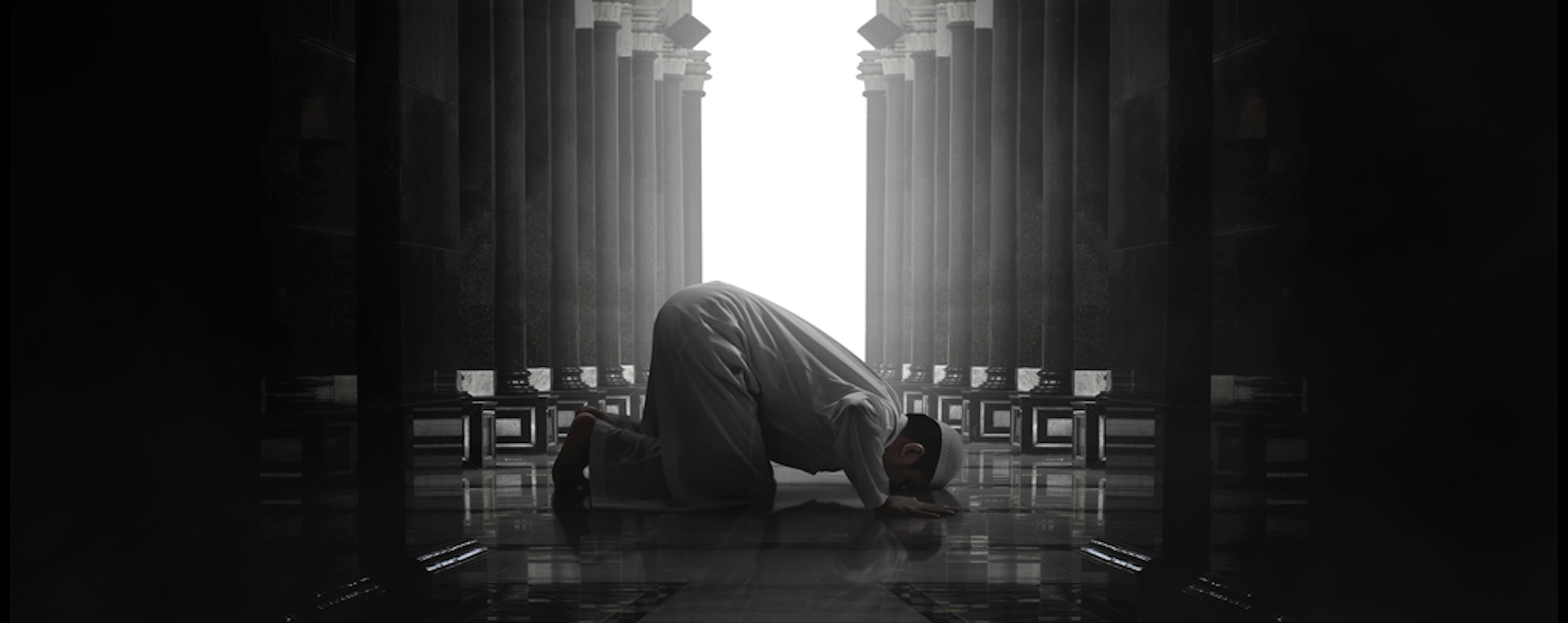Was I Right to Make the Prostration of Forgetfulness?
Hanafi Fiqh
Answered by Shaykh Yusuf Weltch
Question
Was I right to make the prostration of forgetfulness, for acting to scratch my face while thinking of which unit (rak’a) prayer, I was in? Is it obligatory to put all the toes on the ground in prostration and bend them toward the Qibla?
Answer
If one is unaware of how many prostrations they’ve done or how many units of prayer they’ve prayed, they can apply the following advice:
1) Remain in the prostration (or bowing) and continue to repeat the remembrances while trying to remember which prostration or unit they are in.
2) Be decisive: If one is unsure which prostration or unit they are in, they must strive to choose, 1st or 2nd; A or B.
If one’s confusion causes a significant delay of the next action of prayer and they are not engaged in the remembrances or recitation of the current integral of prayer, the prostration of forgetfulness is due. [Tahtawi/Shurunbulali, Hashiyat Maraqi al-Falah]
Placing the Toes in Prostration
It is a Sunna of the Prophet (may Allah bless him and give him peace) to place all the toes on the ground and to turn the toes toward the Qibla as best as one can. [Ibid.]
However, if some toes do not touch the ground or one is not able to bend their toes to the Qibla, the prayer is valid and no prostration of forgetfulness is due. [Ibid.]
Hope this helps
Allah knows best
[Shaykh] Yusuf Weltch
Checked and Approved by Shaykh Faraz Rabbani
Shaykh Yusuf Weltch is a teacher of Arabic, Islamic law, and spirituality. After accepting Islam in 2008, he completed four years at the Darul Uloom seminary in New York, where he studied Arabic and the traditional sciences. He then traveled to Tarim, Yemen, where he stayed for three years studying in Dar Al-Mustafa under some of the greatest scholars of our time, including Habib Umar Bin Hafiz, Habib Kadhim al-Saqqaf, and Shaykh Umar al-Khatib. In Tarim, Shaykh Yusuf completed the memorization of the Qur’an and studied beliefs, legal methodology, hadith methodology, Qur’anic exegesis, Islamic history, and several texts on spirituality. He joined the SeekersGuidance faculty in the summer of 2019.
